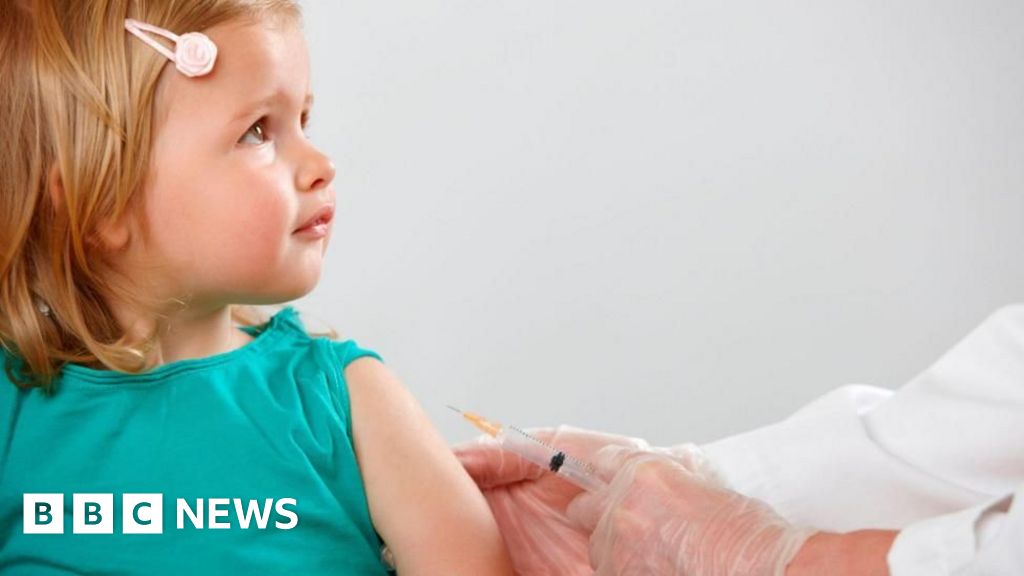Kennedy Vows to Revamp Vaccine Injury Compensation Program in US

Kennedy Pledges Action on Vaccine Injury Compensation
In a move that's already generating significant discussion, U.S. Health Secretary Robert F. Kennedy Jr. has announced his intention to overhaul the National Vaccine Injury Compensation Program (VICP). Kennedy, a vocal advocate for vaccine safety, stated his commitment to “fix” the program, which provides financial assistance to individuals who have suffered adverse reactions following vaccination.
The VICP, established in 1986, was created as a no-fault system to compensate those injured by vaccines. The aim was to shield pharmaceutical companies from liability lawsuits, while simultaneously ensuring that individuals harmed by vaccines receive timely and fair compensation. However, critics argue that the program has become overly bureaucratic, difficult to navigate, and often denies legitimate claims.
Concerns and Challenges with the Current System
One of the primary concerns surrounding the VICP is the complexity of the claims process. Applicants often face lengthy delays, extensive paperwork, and legal hurdles. Many are unaware of their rights or lack the resources to pursue a claim effectively. Furthermore, some allege that the program is biased towards pharmaceutical interests, leading to denials of claims even in cases of clear vaccine-related injury.
Kennedy's promise to address these issues has been met with both optimism and skepticism. He has been a long-time critic of the VICP, arguing that it fails to adequately support those who have been harmed by vaccines. He has suggested reforms that would streamline the claims process, increase transparency, and ensure that more claims are fairly evaluated.
Potential Reforms and Future Outlook
While Kennedy has not yet outlined specific details of his proposed reforms, several possibilities are being discussed. These include:
- Simplifying the claims process: Reducing paperwork and making the application process more user-friendly.
- Increasing funding: Ensuring the program has sufficient resources to handle claims promptly and efficiently.
- Improving transparency: Making information about the program's operations and decisions more accessible to the public.
- Strengthening independent review: Establishing a more robust system for reviewing denied claims.
The success of Kennedy's efforts will depend on his ability to navigate the complex political landscape and garner support from both sides of the issue. The pharmaceutical industry, for example, is likely to resist changes that could increase their liability. However, Kennedy's high profile and his commitment to the cause could give him the leverage needed to bring about meaningful reform.
The potential changes to the VICP could have a significant impact on individuals who have suffered vaccine injuries, as well as on the broader public health landscape. It remains to be seen how Kennedy’s plans will unfold, but his commitment to addressing this critical issue is a welcome development for many.






